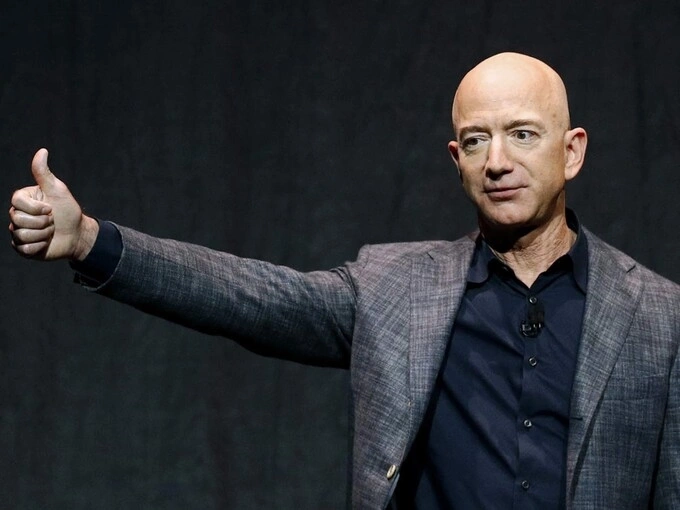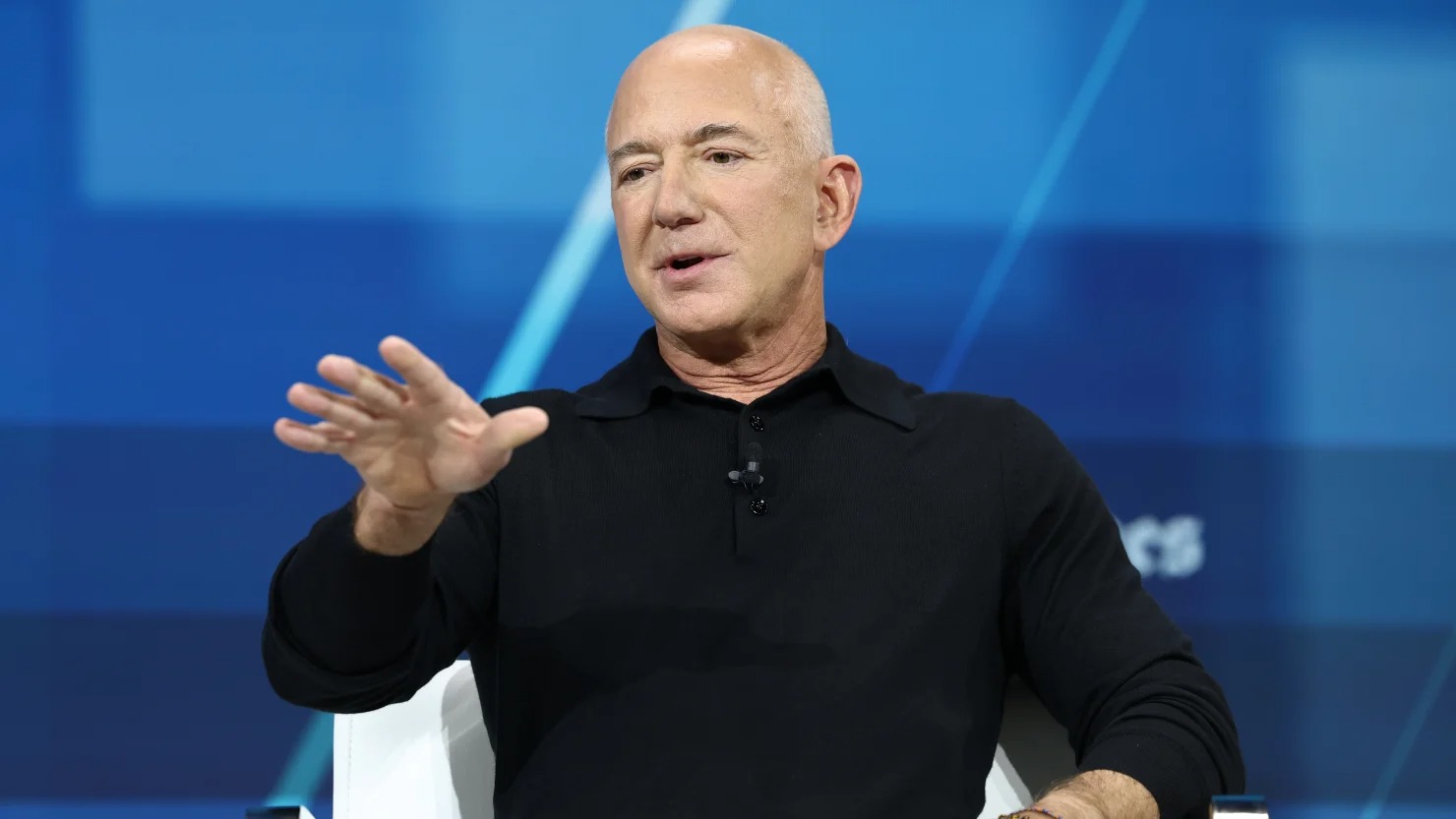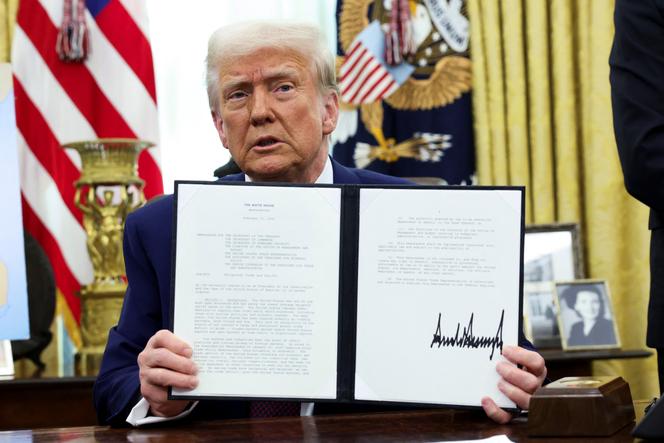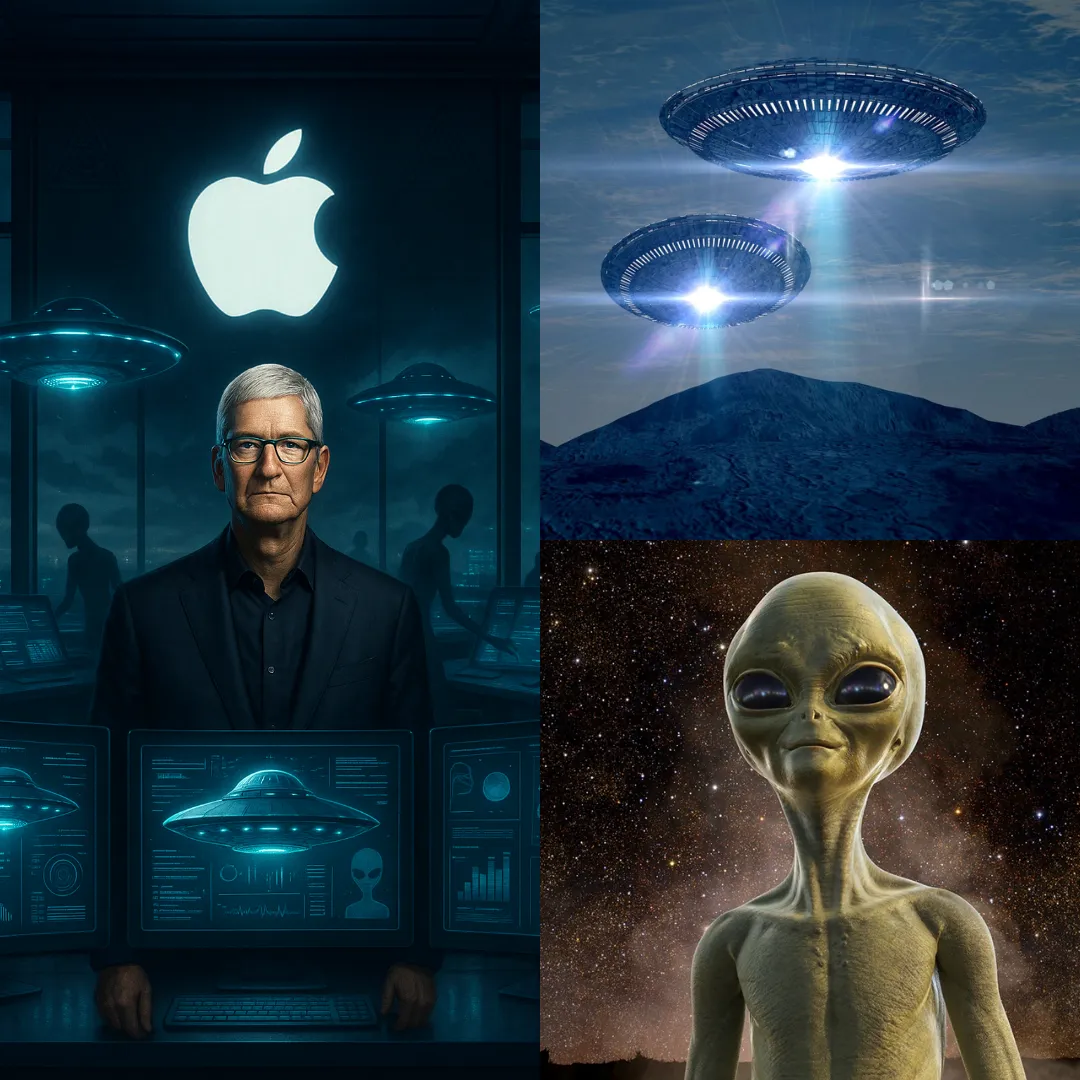
President Donald Trump has once again made headlines by publicly criticizing Walmart and its CEO, Doug McMillon, in a stern rebuke over the company’s handling of tariff-related price increases.
This confrontation is the latest in a series of clashes between the U.S. government and major retailers concerning the economic impact of trade tariffs, especially those imposed on goods imported from China.
Trump’s latest remarks came in response to McMillon’s recent statements warning customers about upcoming price hikes due to the tariffs. McMillon had explained that the company faced narrow retail margins and could not absorb all the additional costs, suggesting some price increases were inevitable. Despite this, McMillon emphasized Walmart’s commitment to minimizing price increases, particularly avoiding any hikes on essential food items.
The president took to his social media platform, Truth Social, where he didn’t mince words. He urged Walmart to “STOP trying to blame Tariffs” for price increases and highlighted that the company had made billions of dollars in profits the previous year.
Trump insisted that Walmart and China should “EAT THE TARIFFS” instead of passing the cost onto consumers, adding a warning that he and customers alike would be watching closely.
This public criticism follows a similar incident involving Amazon’s founder Jeff Bezos, whom Trump had previously ‘schooled’ over the e-commerce giant’s consideration of displaying tariff costs on products.
The escalating tensions indicate a broader struggle between the U.S. administration’s tariff policies and the business strategies of retail giants who navigate complex supply chains and pricing pressures.
Doug McMillon’s position has been delicate. Walmart serves approximately 255 million shoppers weekly, many living within ten miles of a store or ordering online, making it a critical barometer of consumer health in the United States.

The company has faced mounting pressure as consumer spending slows amid inflation and trade tensions, forcing it to leverage cost-management techniques aggressively.
Internally, Walmart executives have been wrestling with the economic realities of tariffs and how best to manage the messaging around price changes. Sources close to the company reveal ongoing debates about how transparent Walmart should be with customers regarding tariff impacts and pricing adjustments.
Some argue that upfront communication is essential to maintain trust, while others fear it might accelerate panic buying or consumer backlash.
Meanwhile, the retail sector as a whole is grappling with uncertainty. Numerous companies have cut or withdrawn full-year forecasts amid growing trade tensions and shifting consumer behaviors.
The tariffs, initially intended to protect domestic industries, have triggered a ripple effect on supply chains, costs, and retail pricing strategies.
On the ground, Walmart employees have reported mixed reactions to the tariff situation. Some frontline workers express concern about how price increases might affect customer loyalty, while others feel the pressure from corporate mandates to maintain profitability despite rising costs.
Training programs have been updated to prepare staff for customer inquiries related to pricing, highlighting the sensitivity of the issue.
From an industry analyst’s perspective, the confrontation between Trump and McMillon illustrates the complex interplay between politics and business. Tariffs are a blunt instrument with wide-ranging consequences, and retailers like Walmart find themselves caught in the crossfire. Analysts suggest that while Walmart’s profit margins are tight, the company still wields significant pricing power due to its market dominance.

The political dimension cannot be ignored. Trump’s direct engagement with major retailers over tariffs sends a strong message to both companies and consumers. It underscores the administration’s expectation that corporations absorb economic burdens rather than passing them along. Whether this approach is sustainable in the long term remains a subject of debate.
Consumers, meanwhile, have expressed frustration and confusion. Many rely on Walmart for affordable goods and have noticed subtle price changes that seem tied to broader economic policies.
Social media platforms have been abuzz with discussions, memes, and debates about who bears the blame for rising costs, with Trump’s outspoken stance fueling polarized opinions.
On the corporate side, Walmart’s leadership continues to emphasize its commitment to keeping prices low “as long as possible.” The company points to investments in supply chain efficiencies, automation, and logistics improvements as key factors helping to mitigate cost pressures. These efforts, however, are being tested by the ongoing tariff challenges and the volatility of global trade relations.
Economists weigh in, highlighting that tariffs often act as hidden taxes on consumers and businesses alike. They caution that prolonged trade disputes and retaliatory tariffs could lead to a cycle of inflationary pressures difficult to break. Walmart’s position as a price leader means any changes it makes have outsized effects on consumer inflation metrics.
Internationally, the pause or adjustment of tariffs between the U.S. and China could signal a potential easing of tensions. Such developments often spark positive market reactions, as seen in previous announcements. However, the path to a stable trade relationship remains fraught with negotiation complexities and political hurdles.
Within Walmart’s boardroom, discussions have intensified around strategic responses. Options on the table include diversified sourcing, renegotiating supplier contracts, and exploring domestic manufacturing alternatives to reduce dependency on tariff-affected imports. These strategic shifts require significant investment and careful planning to implement effectively.
For Jeff Bezos and Amazon, the tariff debate carries similar weight. While Amazon’s business model differs from Walmart’s, it also relies heavily on international supply chains. Previous clashes between Bezos and Trump over tariff visibility on Amazon’s platform highlight the ongoing friction between government policy and corporate practice.
The clash between Trump and McMillon is emblematic of a broader narrative—one where political rhetoric meets the complex realities of global commerce. It reflects a push-and-pull dynamic between protecting national interests and navigating the demands of a competitive, interconnected economy.
Ultimately, how Walmart manages the tariff impact on pricing will influence consumer sentiment and corporate reputation. The company’s ability to balance shareholder expectations with customer loyalty will be tested in the coming months as economic pressures mount.

In the meantime, the public spectacle of a sitting U.S. president publicly admonishing a retail CEO is a reminder of how politicized business decisions have become. For Walmart and other major retailers, the stakes extend beyond quarterly earnings to the heart of public trust and political scrutiny.
As tariffs continue to shape the economic landscape, the retail sector will need innovative solutions to adapt. For now, the world watches as this high-profile standoff unfolds, spotlighting the challenges facing both policymakers and business leaders in an era of global uncertainty.
This moment, marked by Trump’s vocal challenge and McMillon’s cautious response, captures the complexities of balancing political will, economic realities, and consumer expectations in today’s fiercely contested retail environment. The outcome will have lasting implications for how American businesses operate amid geopolitical tensions and domestic pressures.
The days ahead promise further twists in this saga as Walmart navigates the fine line between absorbing costs and passing them onto consumers. Whether the retail giant can reconcile these competing demands without damaging its market position remains an open question.
What is clear is that this debate transcends Walmart alone. It embodies the broader challenges confronting multinational companies operating in a volatile, tariff-impacted global economy. How these corporations respond will influence market dynamics, consumer behavior, and the future of trade relations.
In short, the battle over tariffs is not just about economics—it is a high-stakes political theater with millions of consumers caught in the middle, watching as titans of business and government clash on a national stage.

-1749031464-q80.webp)


